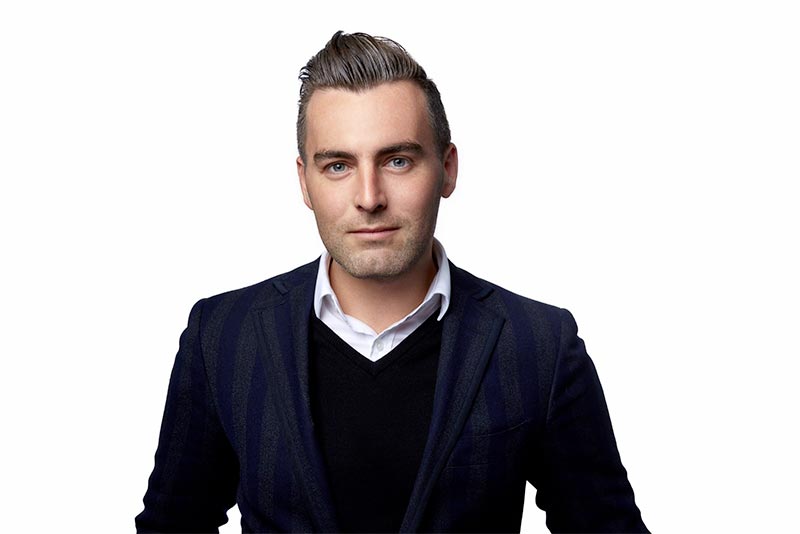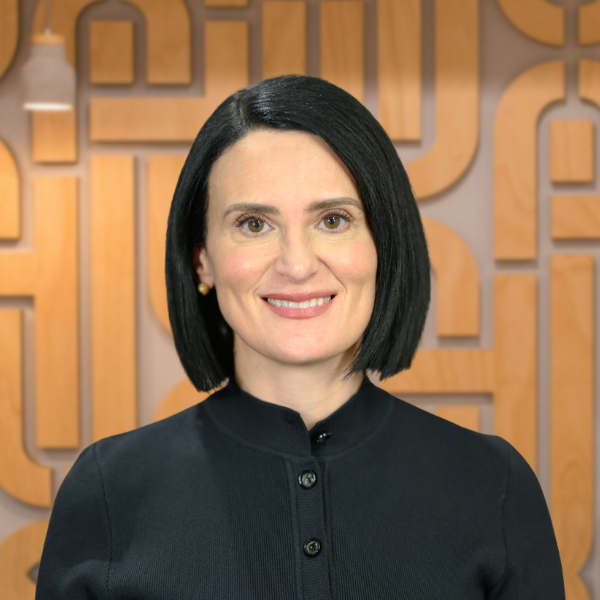Financial advisers can maximise time spent talking with clients about the things that matter to them by pivoting away from Peak-End theory which tends to highlight the least important aspects of an interaction to a client.
Speaking at a HUB24 Webinar titled ‘Behavioural science in COVID times‘, Head of Pivot Wealth and Co-Founder of XY Adviser Ray Jaramis said most typical exchanges with clients via meetings, presentations, over the phone or Zoom have a format that is not conducive to focussing on what can be controlled.
For example, these exchanges usually start with a welcome and a chat about families and holidays, move to a discussion of the client’s portfolio where there is a downward peak, followed by a discussion of the year ahead and conclude with the Ongoing Service Agreement (OSA).
The two most memorable parts of this discussion for the client are the portfolio and the OSA.
“However by front loading the conversation with the elephants in the room such as the calling out any issues and noting the uncertainty, the focus can shift to what can be controlled and moving forward.”
He added: “The real estate of the meeting is now all about the year ahead.”
Jaramis also discussed the Map Defender theory by Carl Richards which explores the time spent defending how a destination was reached rather than accepting things happen and our role in the world is navigators rather than defenders.
“As advisers, we need to recognise we do not know what is going to happen in the future and see ourselves as navigators and reaffirm to clients that no one knows their finances better than me.”
He said this is a liberating approach to the defensive alternative and clients respond positively to it.
Further, while a spreadsheet of long term performance provides clients with an idea of what could happen, being honest about how little control we have as advisers over this provides “a deep understanding of your honesty”.
Did you miss our Webinar?
Using behavioural science, XY Adviser’s Ray Jaramis will provides tips and strategies financial advisers can use to help their clients feel reassured and be best placed to get the most out of their financial experience.




